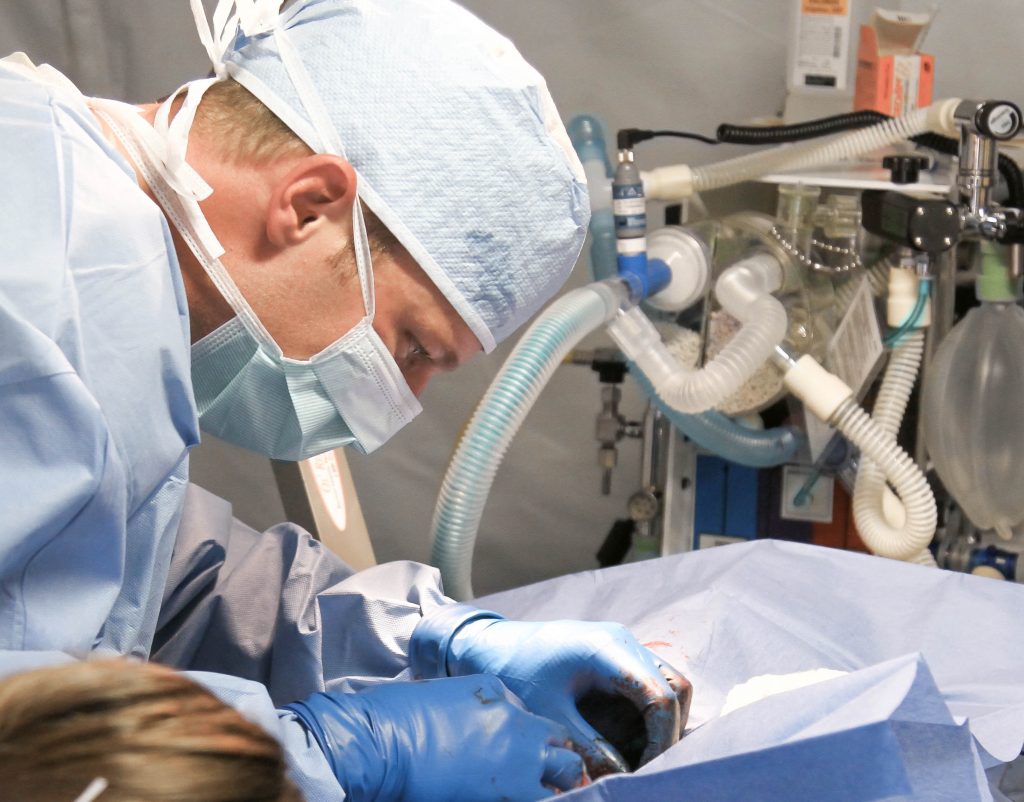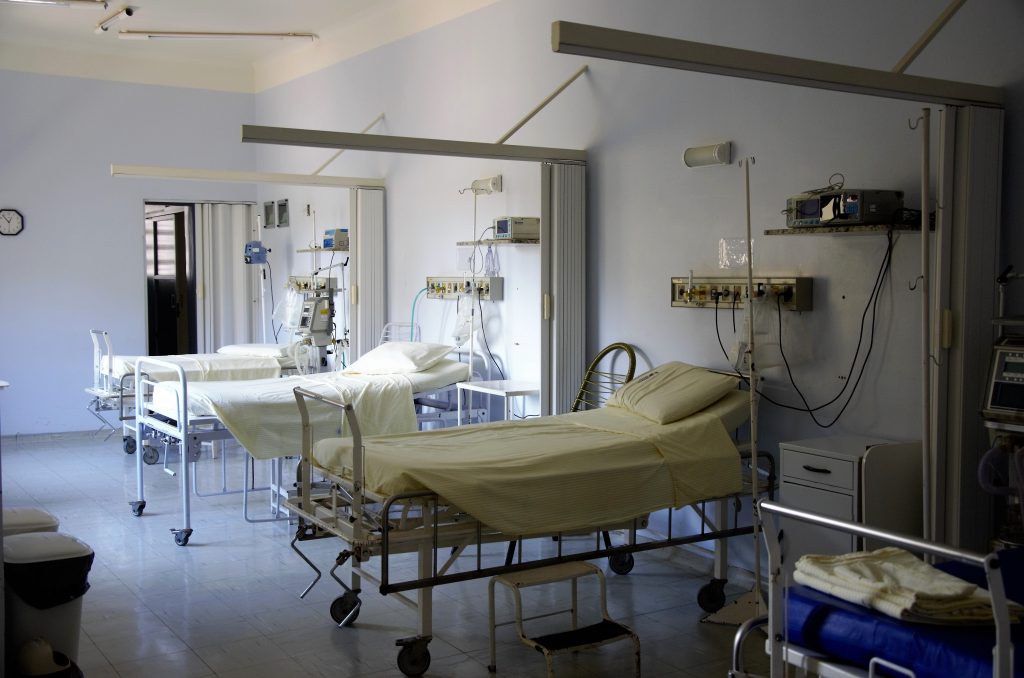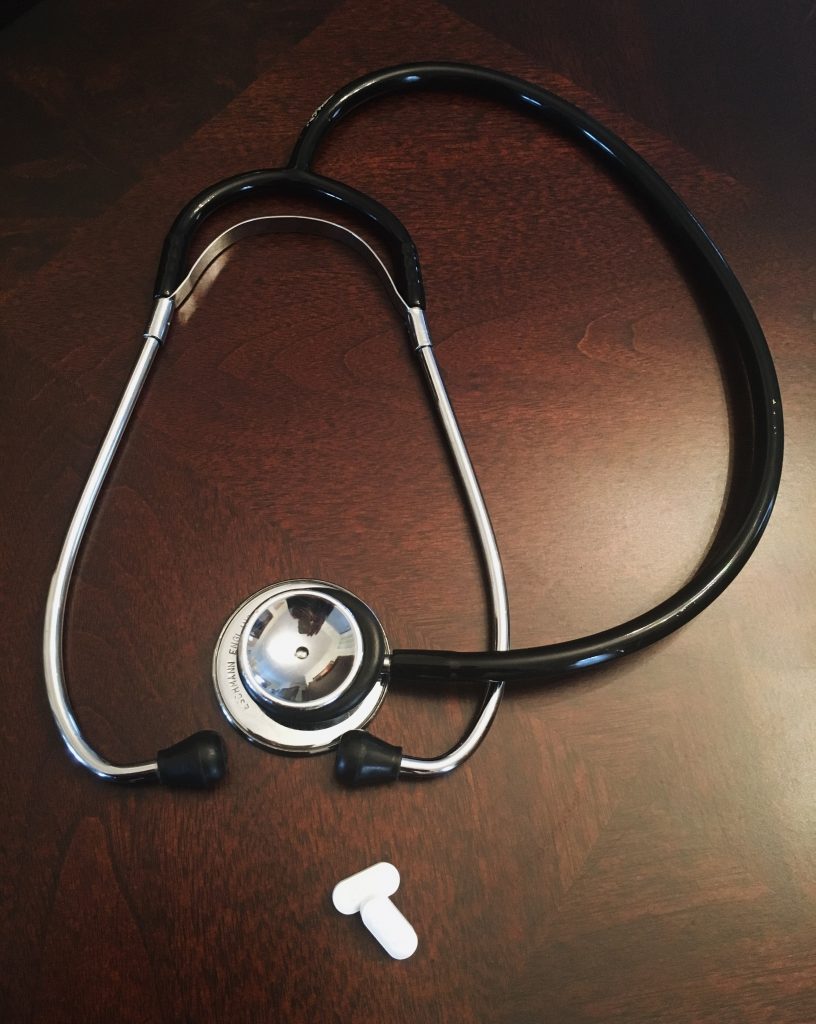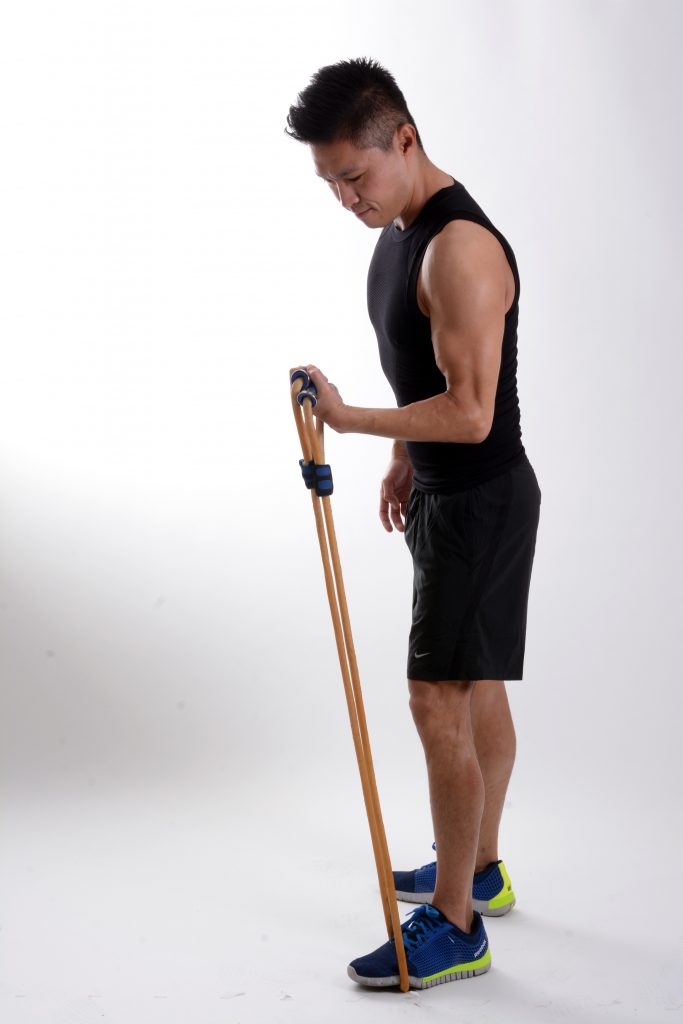 Often, in litigation – as in life generally – timing is everything. Courts and legislatures set certain time periods for each step in a legal proceeding to establish fairness and to impose reasonable order on the disposition of the case. Occasionally, these deadlines can be ambiguous or open to various interpretations. Louisiana’s Second Circuit Court of Appeal considered such a situation in a medical malpractice case.
Often, in litigation – as in life generally – timing is everything. Courts and legislatures set certain time periods for each step in a legal proceeding to establish fairness and to impose reasonable order on the disposition of the case. Occasionally, these deadlines can be ambiguous or open to various interpretations. Louisiana’s Second Circuit Court of Appeal considered such a situation in a medical malpractice case.
In 2011, Francis Grayson was admitted as a patient at Northeast Louisiana Kidney Specialists in Monroe, Louisiana. After contracting an infection from a catheter used for his treatment, he underwent surgery that left him a quadriplegic. A medical review panel requested by Grayson found that his doctors and the medical facility adequately met the standard of care in his kidney treatments and surgery. In February 2015, Grayson initiated a lawsuit for medical malpractice against his physicians and the facility. The following month, the defendants filed a motion for summary judgment on the basis of the medical board’s decision. A hearing was set for August 17. On August 7, ten days prior to the scheduled hearing, Grayson served the defendants with a memorandum opposing summary judgment. The memorandum was accompanied by an affidavit from a medical expert who would testify on Grayson’s behalf about the medical errors that led to his initial infection. Grayson filed the motion with the court on August 10, seven days prior to the scheduled hearing. The defendants then argued that Grayson’s opposition memorandum and affidavit were invalid because they were filed with the court less than eight days before the hearing, as required by the district court rules. The trial court eventually granted the summary judgment in favor of the defendants and dismissed Grayson’s claims.
In 2015, when Grayson’s original petition was filed, Louisiana district court rules required that memoranda opposing summary judgment must be served on the opposing parties at least eight days prior to the hearing. La. Dist. Ct. R 9.9. The defendants, citing a number of cases, argued that the courts had routinely interpreted that the memoranda must also be filed with the court within that same eight-day period. However the Second Circuit noted that in each of the cases relied on by the defendants, the documents in opposition to summary judgment was either filed within an extremely short time—one even being minutes before the hearing—or had some other defect. The Second Circuit focused on the fact that Grayson had properly served the defendants with the memorandum and affidavit within the required time; that the motion was not filed with the court until some days later was not controlling. Therefore, the Court reversed the trial court’s granting of summary judgment in favor of the defendants and remanded the case for further proceedings.
 Louisiana Personal Injury Lawyer Blog
Louisiana Personal Injury Lawyer Blog


 When a loved one dies or suffers severe injuries from negligent medical care, the first thing a family wants is justice for that mistreatment. When a mother knows her son’s medical history is not conducive to a certain treatment, she may believe that malpractice is apparent. These lawsuits have a number of procedures meant to protect the profession, however. A lawsuit can be dismissed by summary judgment when there is no genuine issue as to a material fact.
When a loved one dies or suffers severe injuries from negligent medical care, the first thing a family wants is justice for that mistreatment. When a mother knows her son’s medical history is not conducive to a certain treatment, she may believe that malpractice is apparent. These lawsuits have a number of procedures meant to protect the profession, however. A lawsuit can be dismissed by summary judgment when there is no genuine issue as to a material fact.  After a long and emotional lawsuit following the death of a loved one, the last thing you may want to do is to return to the courtroom. However, if you fail to appeal an award of inadequate damages, you could be leaving money on the table.
After a long and emotional lawsuit following the death of a loved one, the last thing you may want to do is to return to the courtroom. However, if you fail to appeal an award of inadequate damages, you could be leaving money on the table.  Medical malpractice cases often involve complicated medical issues that can require expert testimony in order to prevail in a lawsuit. Although it is easy to become confused or distracted by the complexity of the issues, it is essential to understand and provide the required expert testimony.
Medical malpractice cases often involve complicated medical issues that can require expert testimony in order to prevail in a lawsuit. Although it is easy to become confused or distracted by the complexity of the issues, it is essential to understand and provide the required expert testimony.  When a lawsuit fails, there are certain situations where the party who brought the failed lawsuit is responsible for the costs to the other party. Where that line is drawn is generally based on a judge’s discretion and views on the reasonability of those costs. Without excellent attorney work, procedural and legal roadblocks may make it impossible for a court to award the fees that a party should be entitled to. That was the case for three dentists after winning a lawsuit against a Baton Rouge plaintiff.
When a lawsuit fails, there are certain situations where the party who brought the failed lawsuit is responsible for the costs to the other party. Where that line is drawn is generally based on a judge’s discretion and views on the reasonability of those costs. Without excellent attorney work, procedural and legal roadblocks may make it impossible for a court to award the fees that a party should be entitled to. That was the case for three dentists after winning a lawsuit against a Baton Rouge plaintiff. Informed consent in medical situations ensures that a patient is aware of the risks associated with their upcoming medical procedure. This information is disclosed beforehand to serve two purposes: First, it gives the patient the information to make an educated decision on whether to go through with the procedure. Second, it gives the doctor legal protection against lawsuits from patients when those complications or issues the patient was warned could happen actually happen. This was the case for a Shreveport dentist who needed an excellent attorney after complications arose after a patient received a dental implant.
Informed consent in medical situations ensures that a patient is aware of the risks associated with their upcoming medical procedure. This information is disclosed beforehand to serve two purposes: First, it gives the patient the information to make an educated decision on whether to go through with the procedure. Second, it gives the doctor legal protection against lawsuits from patients when those complications or issues the patient was warned could happen actually happen. This was the case for a Shreveport dentist who needed an excellent attorney after complications arose after a patient received a dental implant. Typically, the scary aspect of surgery is over when the procedure ends and the person wakes up from the anesthesia. The last thing most people expect is to get injured after the surgery is already over. Unfortunately for one Iberia Parish woman, her troubles were only beginning even though she had a successful surgery. That being said, can you claim medical malpractice while you are recovering?
Typically, the scary aspect of surgery is over when the procedure ends and the person wakes up from the anesthesia. The last thing most people expect is to get injured after the surgery is already over. Unfortunately for one Iberia Parish woman, her troubles were only beginning even though she had a successful surgery. That being said, can you claim medical malpractice while you are recovering? When you go to the hospital, you expect to be taken care of by a qualified physician who properly diagnoses you. If that doesn’t happen, tragedy can strike. And if tragedy strikes, you want the responsible partie(s) to be held responsible by being liable for damages. But does the Louisiana Medical Malpractice Act (MMA) limit liability in these cases?
When you go to the hospital, you expect to be taken care of by a qualified physician who properly diagnoses you. If that doesn’t happen, tragedy can strike. And if tragedy strikes, you want the responsible partie(s) to be held responsible by being liable for damages. But does the Louisiana Medical Malpractice Act (MMA) limit liability in these cases? The death of a loved one is always a traumatic experience for family and friends, especially if the death could have been prevented or is at the fault of the hospital. When someone feels as if medical malpractice has occurred, Louisiana has strict guidelines regarding filing a medical malpractice lawsuit and someone unfamiliar with the legal process can easily be confused or frustrated by this complex process. For example, in Louisiana you have one year following a death to file a medical malpractice suit, however, is that filing due at by the close of business at the one year or is the filing due by midnight? The Louisiana Supreme Court recently consolidated two cases that answered such questions on when you have to file a medical malpractice lawsuit.
The death of a loved one is always a traumatic experience for family and friends, especially if the death could have been prevented or is at the fault of the hospital. When someone feels as if medical malpractice has occurred, Louisiana has strict guidelines regarding filing a medical malpractice lawsuit and someone unfamiliar with the legal process can easily be confused or frustrated by this complex process. For example, in Louisiana you have one year following a death to file a medical malpractice suit, however, is that filing due at by the close of business at the one year or is the filing due by midnight? The Louisiana Supreme Court recently consolidated two cases that answered such questions on when you have to file a medical malpractice lawsuit.